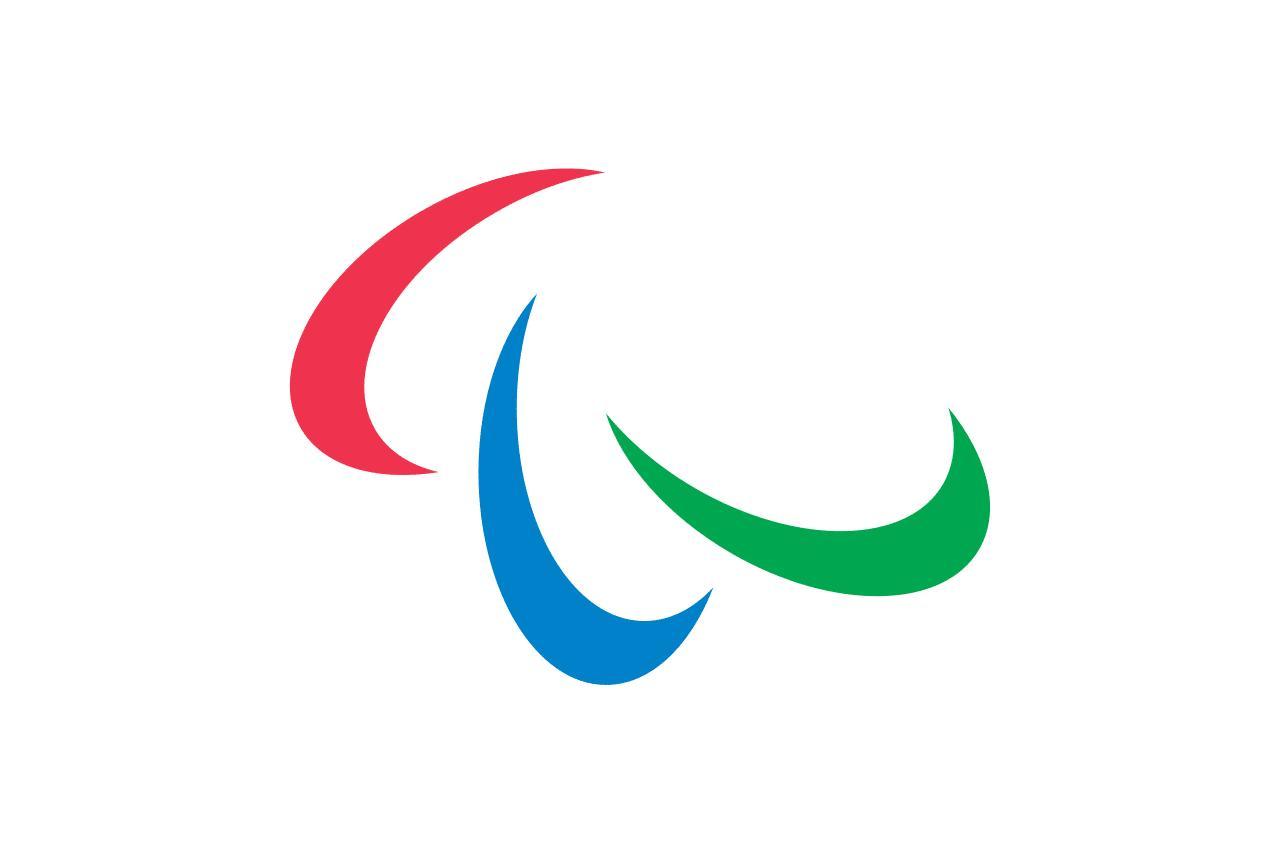Africa-Press – Mozambique. Paralympic sports are gaining recognition across Africa. Efforts by sports ministries, local federations, and NGOs help grow these programmes. The goal is clear – to offer equal sporting chances for athletes with disabilities.
Recent improvements show in equipment upgrades, coaching training, and facilities access. However, the process varies across countries. Each region adapts based on funding, awareness, and community input. An important support factor includes platforms like the https://1xbet.com.lr/en site, which follow these events and help raise visibility through partnerships.
This article explores how African regions work to promote Paralympic sport, the tools they use, and where challenges remain.
Facilities and equipment for adaptive training
Access to facilities affects athlete performance. Many Paralympic athletes train in modified venues not designed for their needs. Governments and private backers now help improve these areas.
Investments target ramps, wider lanes, and sports-specific gear. In some areas, schools convert fields into part-time adaptive training sites. In others new sports centres include wheelchair paths and tactile lines.
Sports like wheelchair basketball, seated volleyball, and blind football now receive custom equipment. Local makers help reduce import costs by producing parts in-country. This improves access and strengthens local industry.
Technology and app-based tools
Digital tools help manage athlete data, schedule training, and monitor improvement. Apps also track match performance and connect athletes to support teams.
In many areas, coaches now use video tools to adjust training plans. These apps run on low-cost devices and work offline in rural zones.
Another development is betting-related platforms. Some apps let fans follow para-sports events live. The 1xbet download for quick mobile acces[1] s includes sports categories that show growing interest in local competitions, raising visibility for para-athletes. Apps also play a role in recruitment. Video clips and challenge tasks help find new talent in schools and rehab centres.
Coach training and data use
Coach development remains a major focus. Many regions now run certification sessions for adaptive sports coaches. They focus on movement, safety, and communication methods.
Beyond training, data use improves match planning. Coaches study footage and stats to correct form, time rotations, or adjust drills. More teams now rely on data, since analytics are changing coaching decisions in both elite and grassroots sport.
Local universities support this by offering sports science courses. They provide field labs for Paralympic athletes, creating both research and support in one place.
Data collection includes:
Injury tracking and recovery mapping
Game heatmaps and player movement zones
Reaction time records during drills
Comparison reports between seasons
Performance variation during travel or new surfaces
Media, awareness, and regional events
Public support depends on exposure. Many African para-athletes train without strong local media coverage. This limits sponsorship and fan engagement.
Now, community radio stations, online blogs, and TV channels give more space to Paralympic updates. Social media also allows athletes to share stories. This builds identity and connects with sponsors. Events help most. Regional games with para-sport categories show progress and bring communities together. Volunteers run many events, with support from city sports offices.
Multi-day tournaments combine matches, clinics, and exhibitions. These attract families and schools. They explain rules, highlight athletes, and recruit new talent.
Common event features include:
Adaptive sports shows open to the public
School visits with athlete-led demos
Live-streamed finals with commentary
Charity booths supporting athlete transport
Mini-markets selling athlete-made goods
Recruitment, classification, and recognition
Finding talent remains hard in rural areas. Many athletes discover Paralympic sport late. To fix this, local federations visit hospitals, rehab centres, and disability groups. They test basic movements, then suggest sports paths. Classification follows. This step assigns athletes to fair groups based on physical ability.
Regions with good systems train volunteers to help with early classification. They use clear language to guide athletes and families. Public recognition matters. Athletes get certificates, small awards, or city shout-outs. Schools include these in announcements. This makes para-athletes visible in daily life.
Platforms also add visibility through registration campaigns. New users start with https://1xbet.com.lr/en/line/football, where they explore sports categories including Paralympic events. This sends traffic and interest toward adaptive sports.[2]
Partnerships, policy, and long-term vision
Many countries now sign formal deals with global or regional Paralympic bodies. These include funding grants, training material, and coaching support.
Policy changes also help. Ministries now include disability sport in annual budgets. Some offer tax breaks for companies that support para-events. Non-government partners bring long-term structure. NGOs build athlete housing, travel support, or cover sports medicine costs.
Plans now go beyond competition. Some policies aim for full integration into school sport. Others want para-sport on TV during national games.
Clear objectives include:
At least five adaptive sports per school zone
Paid roles for para-coaches in sports bodies
National award shows with Paralympic categories
Support for athletes after retirement
Equal prize money for all sports categories
Why momentum must continue[3]
Paralympic sport shows human skill and mental strength. It connects with fans across borders and abilities. Africa’s growth in this area shows effort and belief.
Still, progress must be steady. Growth depends on trust, access, and visibility. Public events, data tools, and community voices make the change real.
With stable support and fair systems, more para-athletes will rise from African regions. Their success shows what sport means when everyone gets a chance to play.
weird wording
For More News And Analysis About Mozambique Follow Africa-Press






